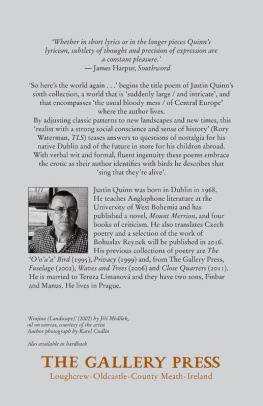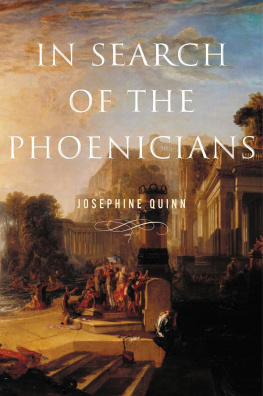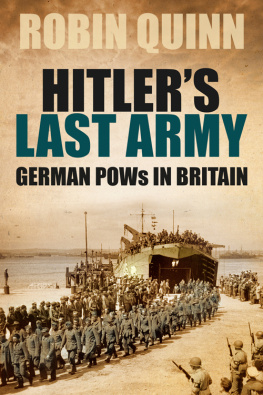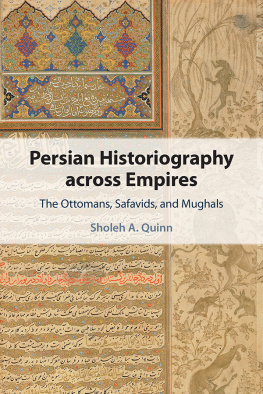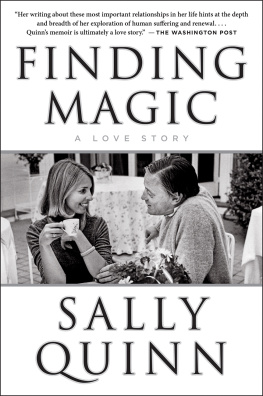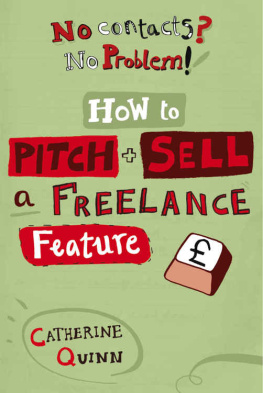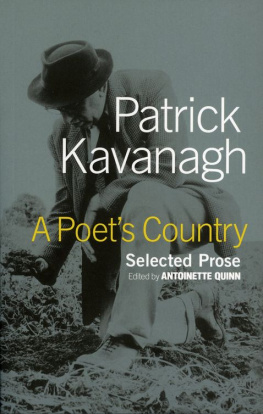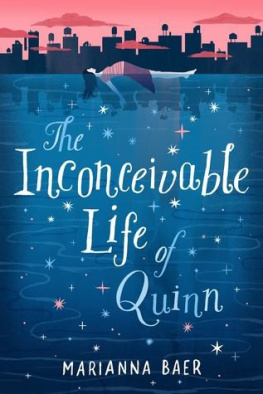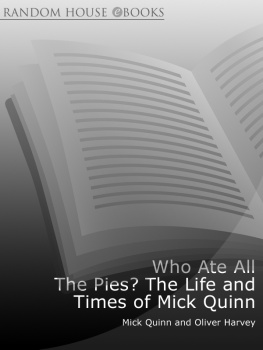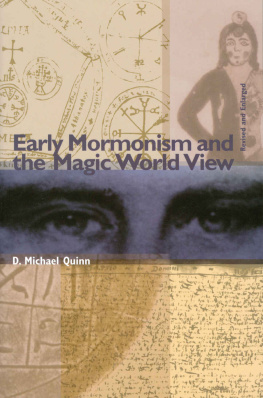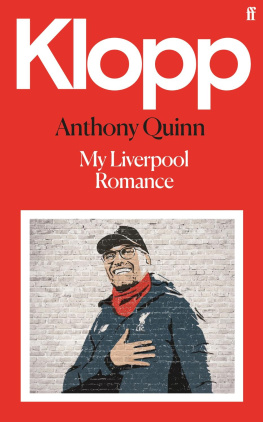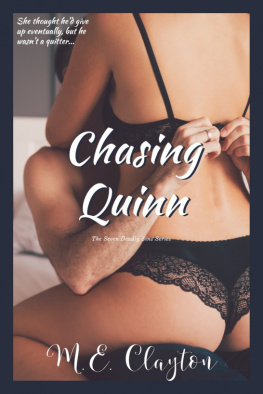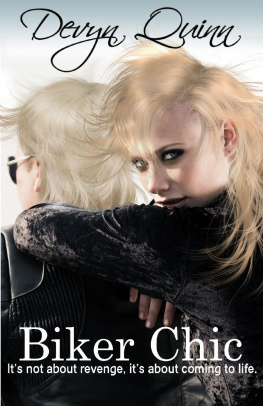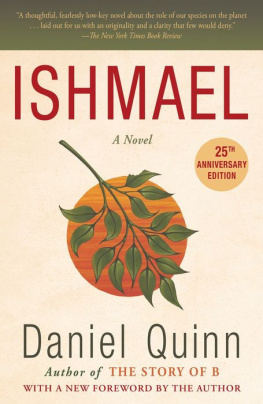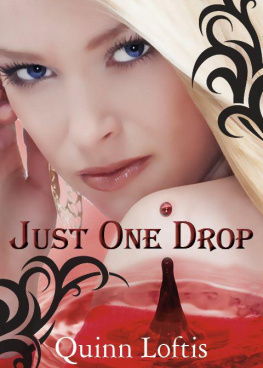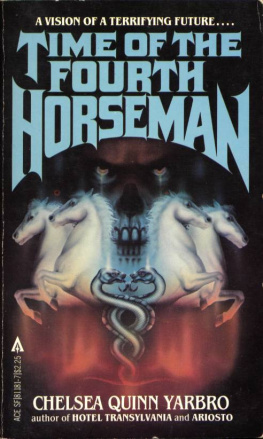Quinn - Early House
Here you can read online Quinn - Early House full text of the book (entire story) in english for free. Download pdf and epub, get meaning, cover and reviews about this ebook. year: 2016;2017, publisher: The Gallery Press, genre: Detective and thriller. Description of the work, (preface) as well as reviews are available. Best literature library LitArk.com created for fans of good reading and offers a wide selection of genres:
Romance novel
Science fiction
Adventure
Detective
Science
History
Home and family
Prose
Art
Politics
Computer
Non-fiction
Religion
Business
Children
Humor
Choose a favorite category and find really read worthwhile books. Enjoy immersion in the world of imagination, feel the emotions of the characters or learn something new for yourself, make an fascinating discovery.
- Book:Early House
- Author:
- Publisher:The Gallery Press
- Genre:
- Year:2016;2017
- Rating:4 / 5
- Favourites:Add to favourites
- Your mark:
- 80
- 1
- 2
- 3
- 4
- 5
Early House: summary, description and annotation
We offer to read an annotation, description, summary or preface (depends on what the author of the book "Early House" wrote himself). If you haven't found the necessary information about the book — write in the comments, we will try to find it.
Quinn: author's other books
Who wrote Early House? Find out the surname, the name of the author of the book and a list of all author's works by series.
Early House — read online for free the complete book (whole text) full work
Below is the text of the book, divided by pages. System saving the place of the last page read, allows you to conveniently read the book "Early House" online for free, without having to search again every time where you left off. Put a bookmark, and you can go to the page where you finished reading at any time.
Font size:
Interval:
Bookmark:
Poetry Salzburg Review At the heart of Quinns new poetry collection, Early House, is a longish poem that tests out what Quinn has learnt from Brodsky. Letter, Including Bears is, as Quinn describes a typical Brodsky poem to be, a long, lyric meditation, rhymed and metred, louche in its mode of address, wide-ranging. It takes on expansive themes through autobiographical details. The poem places its Quinnish speaker at a Czech brewery at the end of a six-hour ramble in the summer of 2014 The concerns of many of Quinns poems in Early House are personal: anxiety about ones children in the big bad world, the split identity experienced by an Irish person raising a family abroad, moments of everyday eroticism. But at the books heart is this poems sense of the individual as driftwood in the vast maelstrom of global history. The scene at the end of Letter, Including Bears is comical but it is also disturbing, if we read it as an ineffectual political protest in verse Quinn has long tended to be dismissive of the contemporary notion that the poet should seek a distinctive personal voice, preferring to pursue strategies that open up the poems to ownership by others, that allow thinking to be a collective enterprise.
In his earliest collections he frequently writes in the second person, inviting the reader to temporarily inhabit his point of view. As his career progresses, he turns to rhyme as a means to submit to sociality, to insist that the poem knows more than the poet Early House is fascinated by the inevitability that rhyme suggests: as one rhyme suggests another rhyme, so we are born, produce other lives, and die. Generation follows generation in a process that has fascinated Quinn since he wrote of the birth of his children in Fuselage Ailbhe Darcy, Dublin Review of Books Gallery Books
Editor Peter Fallon EARLY HOUSE
I lost a glove and, sad, the other at the breach would try to clap but couldnt reach across that gap. I lost a glove, then lost the other. Id no more forms that could withhold the snows, the storms, the perishing cold.
She says when we lean in to catch the scent that rain showers summon from the April earth dead millions groove themselves into the berth of our one sense. They are engulfed, content. He says let them do what they want, these dumb sad hordes of shades. Do you think that theyll come the moment I push back the floral hem of the summer dress you look so lovely in, and lift it off, leaving you just a grin? What do you reckon that will do to them?
For miles around, in every tree and hedge, the birds draw breath and sing that theyre alive. Ones left a feather tilting on our ledge. I pick it up and play pass after pass till with its tip I suddenly strum along the smooth slats of your spine, down to your ass. You part your lips and join their morning song.
As their four parents did before, lovers too, in sun or rain, or just a customer and whore rocked to the old refrain. Sometimes I am that kind of fool who tacks a moral on, some piece of trash I learnt at school or church the usual con of consolation or such guff. Because each year in May the new young people are in love that makes it all OK? Whatever. All I haves an air thats got a good refrain for all I care, for all I care. Here comes the lovely rain.
The affable minister murmurs to the host. Breezes glide across the parquet floors. The waiters move in silence. Now the wives draw dutifully together for a talk of family and schools, and watch the clock. Two years to go till our first child arrives. We live five floors up in a block of flats across the city.
Half a mile of muck to walk through from the Metro. Like diplomats, we say, No, after you, and fall in bed, still laughing, stripping off to fuck. Nothing of those hours has touched us yet.
No syllabus. I started reading Gibbon. Took up karate. A young guy from Homeland Security would come occasionally to train with us. On many porches the national flags unfurled. New wars began when others reached their end.
A ghost came whispering, Youre in the Empire, friend. One day, out of the blue, our eldest opts to walk alone to where the school bus stops four hundred yards into the big bad world.
Font size:
Interval:
Bookmark:
Similar books «Early House»
Look at similar books to Early House. We have selected literature similar in name and meaning in the hope of providing readers with more options to find new, interesting, not yet read works.
Discussion, reviews of the book Early House and just readers' own opinions. Leave your comments, write what you think about the work, its meaning or the main characters. Specify what exactly you liked and what you didn't like, and why you think so.

